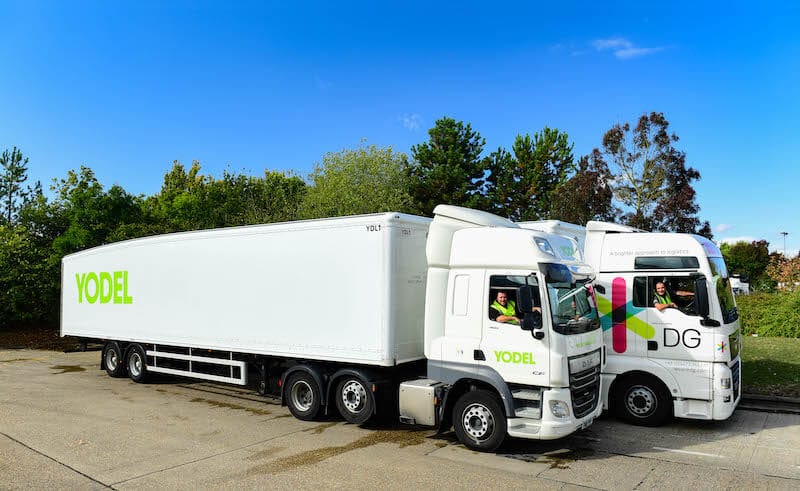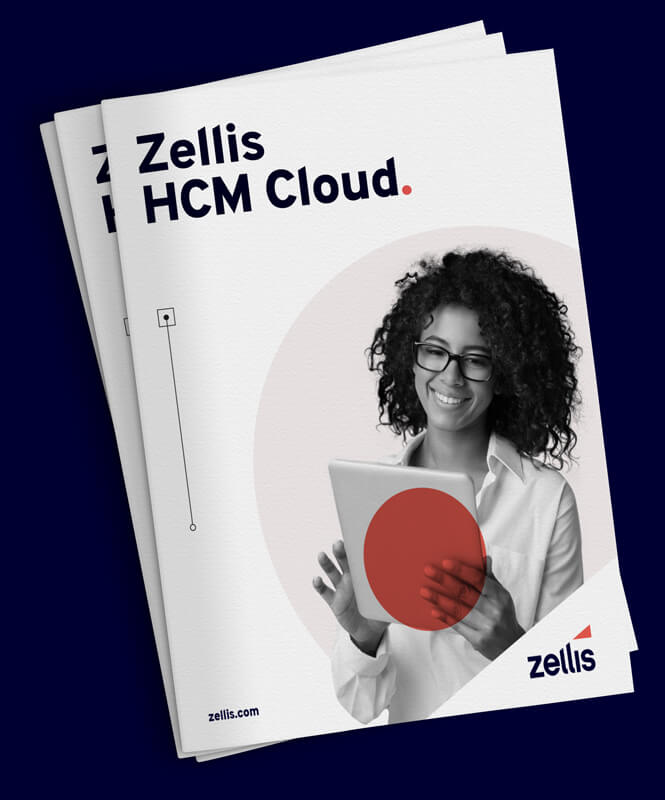Conducting thorough and efficient background checks on potential employees is a crucial part of the recruitment process. At its most fundamental level, pre-employment checks can help organisations validate attainments detailed on a candidate’s CV.
But at a deeper level, the thorough use of applicant screening helps you gain a better understanding of exactly who your candidates really are, and can even help to protect your organisation and its employees from being exposed to potentially damaging threats.
Here are four key ways employee background checking protects your business.
Reduce workplace theft
Workplace theft isn’t as uncommon as you may think. Although in most cases it’s just an odd piece of stationary here and there, occasionally, it can escalate into more valuable items going missing – such as laptops, mobile phones, or large amounts of cash.
In fact, an accounts worker was forced to repay almost £40,000 after stealing cash from her employer, while a McColl’s post office manager admits to stealing close to £30k from the branch.
Employee theft can, in turn, have ugly financial implications for organisations. But conducting pre-employment criminal record checks on your candidates will highlight any criminal history, helping to reduce this risk.
Usually, these checks expose very minor convictions that wouldn’t necessarily influence a hiring decision. But to minimise workplace theft as much as possible, organisations should be focussed on gaining a better understanding of their candidate’s criminal history (if any) before giving them access to valuable business assets.
Ensure employee safety
Employees usually spend a lot of their time in the workplace, so it’s crucial that it remains a safe environment. But unfortunately, this isn’t always the case. Shockingly, two in five British women, and a fifth of men, have been sexually harassed at work or a place of study.
What’s more, employers hold responsibility for the safety and welfare of their employees, visitors, and even their vendors. And should a situation arise in the workplace that puts those individuals in danger, it’s possible the employer could be held accountable.
Conducting a criminal record check is a common way to minimise this risk, but social media checks can also be beneficial. Having the ability to uncover any concerning behaviour, such as inappropriate content or discriminatory comments related to race, religion or gender, can indicate major red flags.
Ultimately, being able to identify any potentially dangerous candidates – from violent criminals to sex offenders – can help you make the best hiring decisions to keep your workforce safe.
Strengthen data security
Strengthening data security and protection is top of the agenda for many organisations. And businesses can invest in technologies, such as multi-factor authentication, to help them detect and protect against external threats.
But what if the risk of data breaches and security incidents actually lie within the workforce? Contrary to common belief, research shows that half of data breaches are the fault of insiders, not hackers. This would suggest that no matter how advanced your cybersecurity technology, you could still leave yourself open to internal risk. Plus, internal threats are better positioned to cause physical security threats – which digital systems can’t protect against.
And while many internal security breaches are down to accidental data leakage, some are intentionally caused by malicious employees – which could be minimised by conducting criminal record checks. Of course, we’re all human, and the odd unintentional error is inevitable, but by conducting employment verifications and references, this risk could be reduced even further.
As an example, if you learn that a candidate has either been dismissed due to poor job performance, or has received warnings for previous data breaches, it could help you make that all-important hiring decision.
Encourage honesty
CV fraud is not an unusual occurrence. In fact, over a third of candidates have admitted to exaggerating information on their CV. But if you unknowingly onboard an individual who fabricated or exaggerated credentials during the application process, what’s to say they wouldn’t display that same level of dishonesty within the role?
Dishonesty in the workplace can take form in a variety of ways, whether that be submitting inaccurate timesheets for financial gain, lying to managers or colleagues, or even covering up unethical conduct such as drug abuse.
Therefore, having the ability to validate information claimed on CVs will pinpoint those who are dishonest from the outset. In turn, this can help you make a much better-informed decision and to focus your recruiting attention on the truly trustworthy and honest candidates.
Is your organisation threat-free?
Some organisations wrongly believe that employee background checks are unnecessary, a waste of time and money, or should just be completed as a quick ‘tick box’ exercise. Unfortunately, this mindset could lead them to hiring potentially dangerous, malicious, or dishonest candidates.
So, if you haven’t already, it may now be time to invest in thorough pre-employment checks, so you can feel confident that your organisation will remain free from insider threats.
To find out how Background Checking by Zellis can help determine who your candidates really are, get in contact today.















